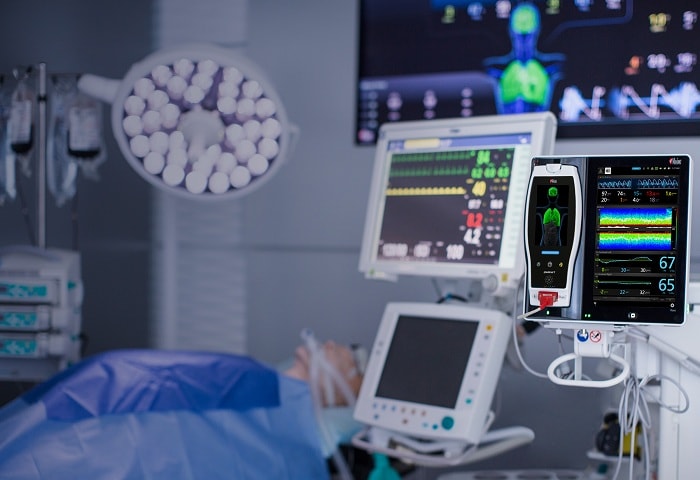NU Hospitals, a nephrology care centre in India, is set to deploy a number of Masimo technologies across the continuum of care.
Under the terms of the contract, NU Hospitals will install Masimo’s technologies in its operation rooms (ORs), intensive care units (ICUs), dialysis beds, and general wards at both of its facilities located in Bangalore.
NU Hospital spediatric urologist and managing director Prasanna Venkatesh said: “We have been evaluating various technologies that could help our clinicians improve patient safety and at the same time help reduce the cost of care.
“Masimo, with its innovative range of solutions – including remote monitoring systems, depth of sedation monitoring, and noninvasive monitoring of hemoglobin and fluid responsiveness – will help us accomplish these twin objectives.”
NU Hospitals’ ORs will be equipped with Masimo Root Patient Monitoring and Connectivity Hubs and Radical-7 Pulse CO-Oximeters.
The monitors will feature non-invasive, continuous hemoglobin monitoring (SpHb), a Masimo rainbow parameter, and, via Masimo Open Connect (MOC-9) technology, SedLine brain function monitoring.
Using a number of bedside devices such as Root with Noninvasive Blood Pressure and Temperature and Rad-97 Pulse CO-Oximeters, the health conditions of patients at NU Hospitals will be constantly monitored.
Measurements will comprise SpHb, SET Measure-through Motion and Low Perfusion pulse oximetry. Additionally, Pleth variability index (PVi) monitoring has been leveraged for dialysis patients to help in optimise fluid management.
The bedside devices will be linked to a supplemental remote monitoring and clinician notification system, Masimo Patient SafetyNet that will facilitate patient monitoring data to be accessed from a central viewing station.
In case any changes take place in measured values that may indicate deterioration in a patient’s condition, Patient SafetyNet automatically sends wireless alerts directly to clinicians, enabling them to respond quickly to patients in potential distress.
It will also automate the transfer of patient data, such as vital signs, early warning scores (EWS), as well as other physiological parameters, directly to NU Hospitals’ electronic medical record (EMR) system.



















